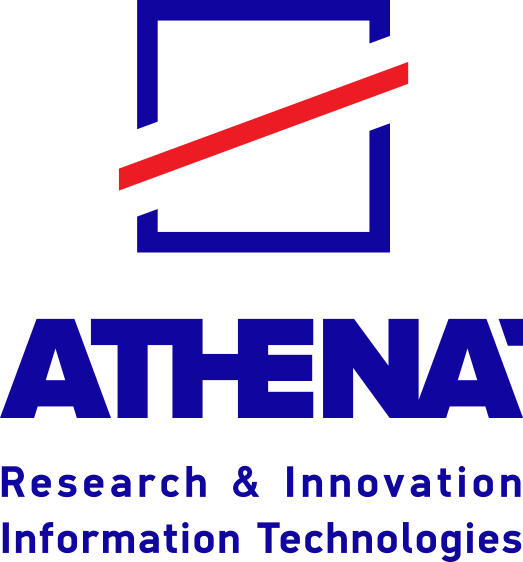Archimedes AGT Afternoon Event (ΑAGTA) will take place on 4 February 2026 at Archimedes premises
2 February 2026
Archimedes AGT Afternoon Event (ΑAGTA) is a newly-established scientific event, focusing on Algorithmic Game Theory and Artificial Intelligence. The first AAGTA workshop will take place on 4 February 2026 at the Archimedes Amphitheatre at Archimedes Unit, Athena Reseach Center, Greece, and will feature two keynote speeches: one by Prof. Paul Goldberg of the University of Oxford, UK, and one by Prof. Christos Papadimitriou of Columbia University, USA and Archimedes Unit, Athena Reseach Center, Greece.













